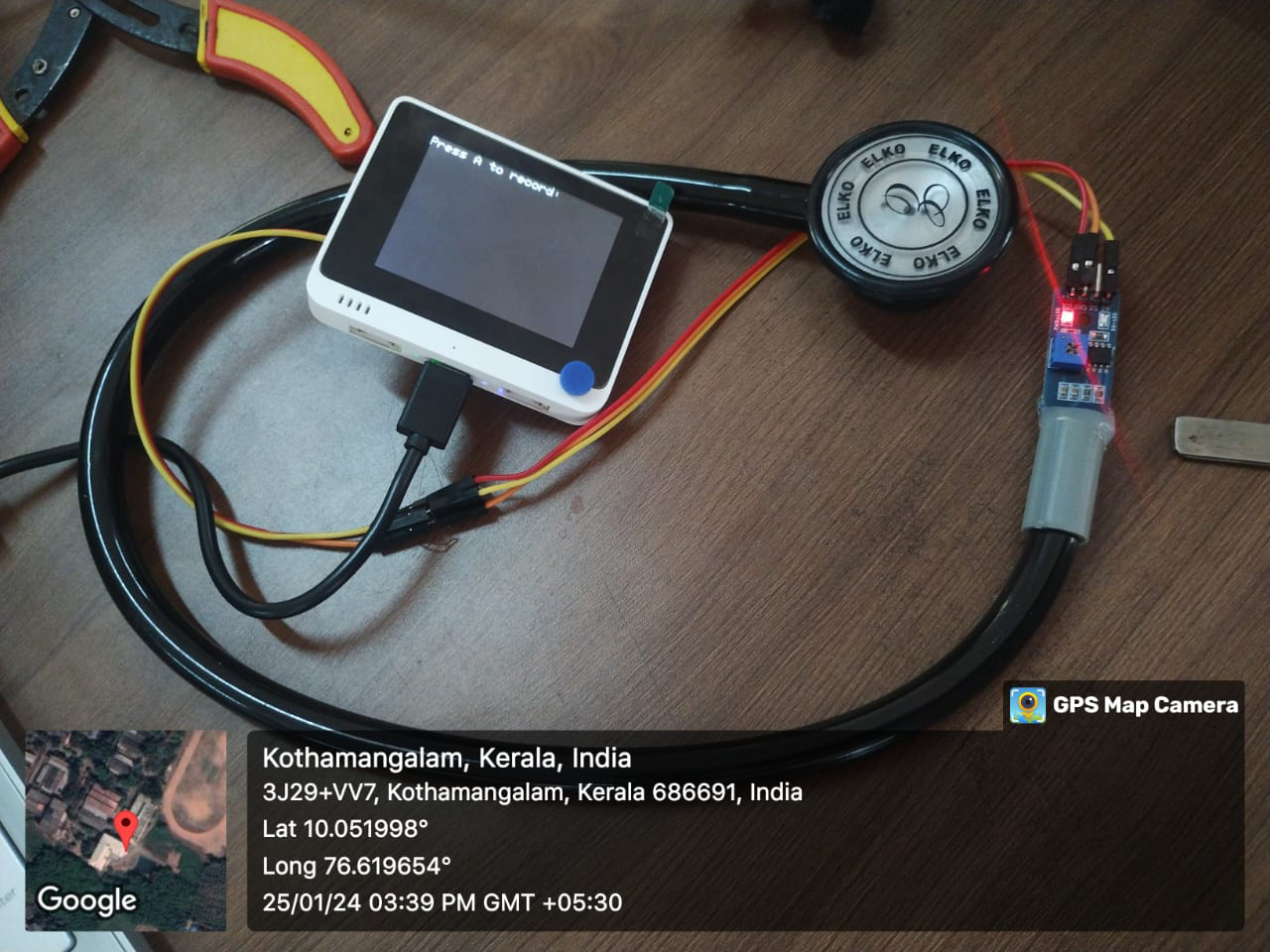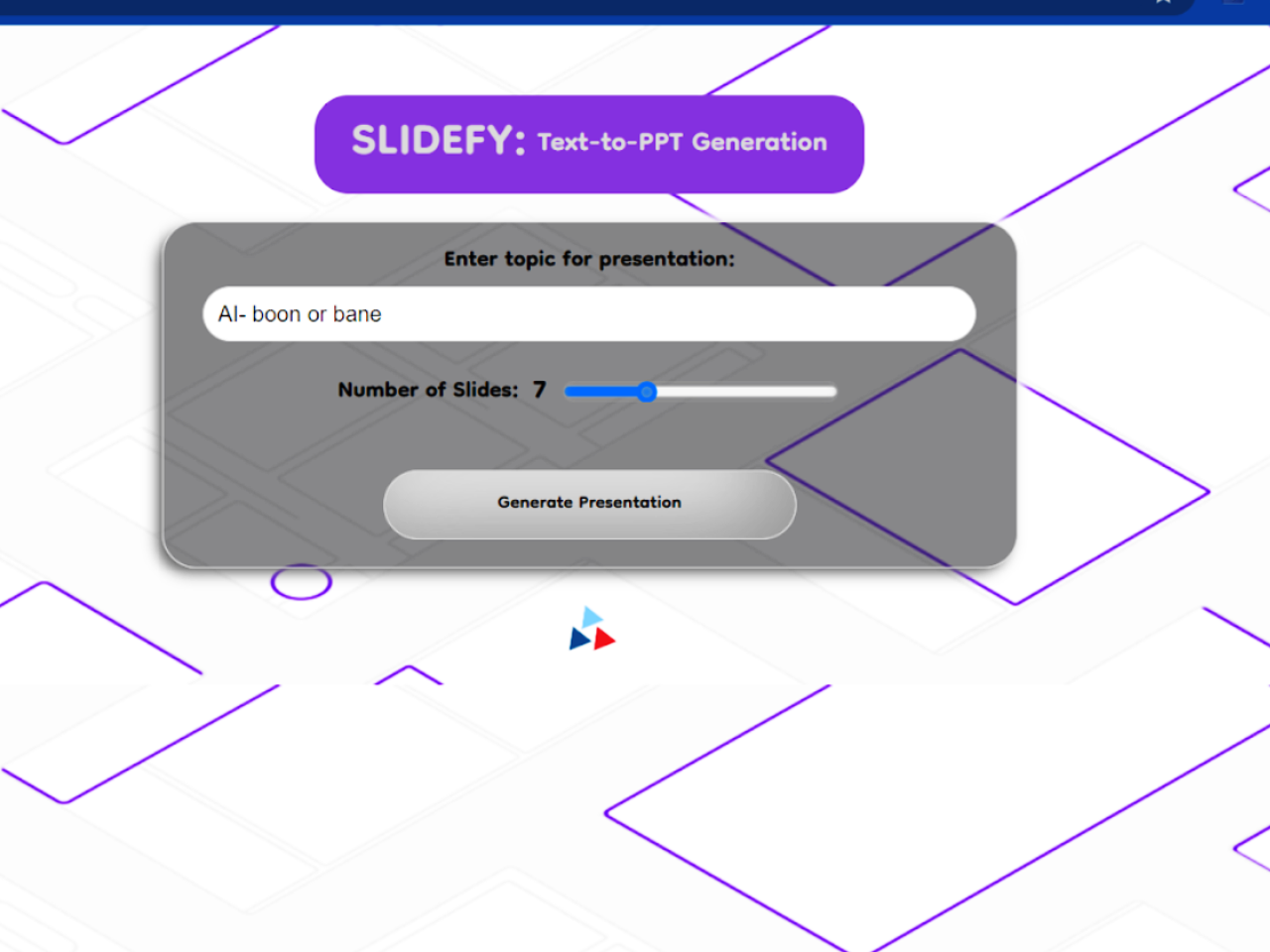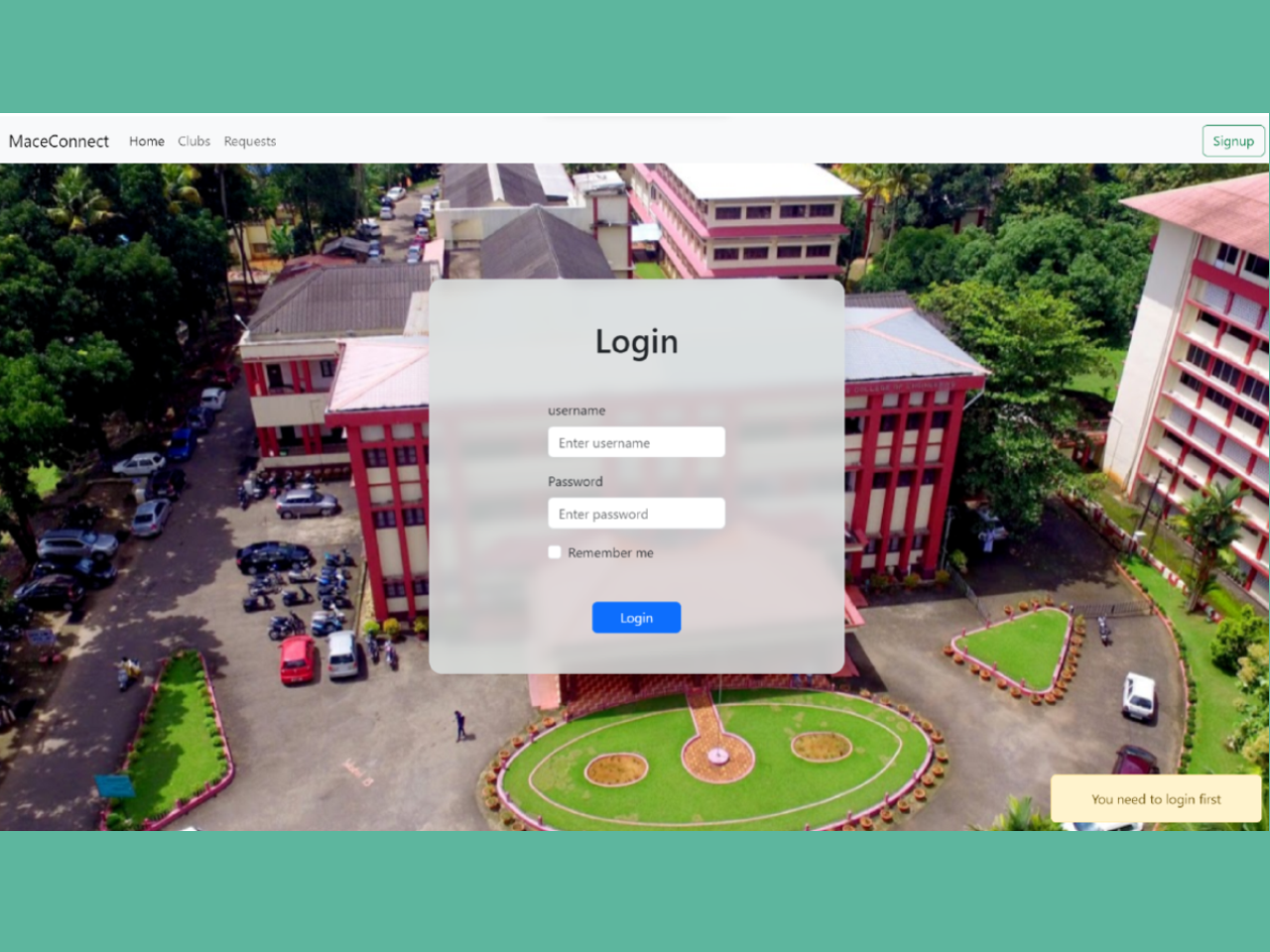
Mohammed Farhan I
Tech Innovation Enthusiast
Pursuing B.Tech in CS & Data Science

Tech Innovation Enthusiast
Pursuing B.Tech in CS & Data Science






I’m Farhan, a final-year Computer Science and Engineering (Data Science) student at Mar Athanasius College of Engineering. I’m all about diving into data, building cool software, and exploring web tech.Recent projects I’ve worked on include Steth.Ai for detecting abnormal heartbeats, Slidify for auto-generating slides using LLMs and web scraping, and Vidhya.AI, a smart personal tutor
As a Computer Science Intern at Thakshashila R&D, I collaborated with cross-functional teams to create impactful, real-world solutions. Leveraging my skills in programming, data analysis, and web development, I'm motivated to tackle new challenges and contribute meaningfully to the tech landscape.